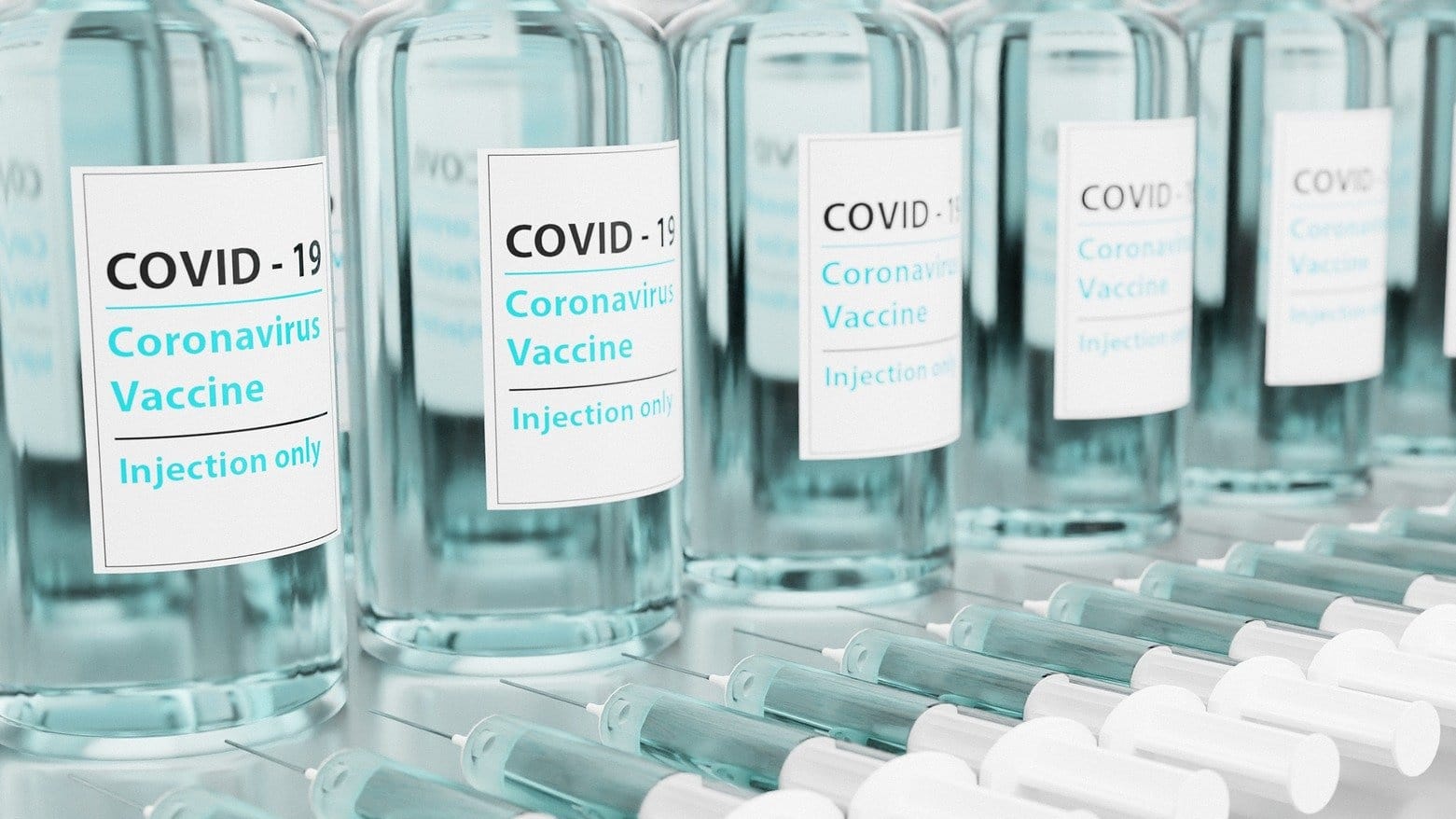As the COVID-19 vaccine rolls out, so do scammers who are hawking everything from vitamins to essential oils and herbal teas that they claim will prevent and cure coronavirus.
“Scammers are coming up with some pretty whacky ideas, like COVID-cure tea that will keep you well until you can get the vaccine,” said Vee Daniel, president and CEO of the Better Business Bureau Upstate SC, a nonprofit organization serving the 10 counties of the Upstate.
The BBB is warning consumers to be on the lookout for scams related to testing kits, coronavirus cures and securing an appointment for the vaccine, Daniel said. BBB’s national Scam Tracker is getting reports ranging from calls phishing for personal information to messages claiming that consumers need to pay to guarantee their appointment time for a vaccine.
One scammer asked for the consumer’s Medicare number and home address, claiming he was going to come to the consumer’s home to administer a COVID-19 test. In another version, scammers are impersonating people on social media, contacting their “friends,” and claiming that – if paid – they can guarantee the vaccine ASAP.
“No matter what a caller says, be sure to check it against information from your local government or official news sources,” Daniel said. “Even if you don’t pay them, sharing your personal information opens you up to the risk of identity theft.”
How to Spot a Coronavirus Vaccine Scam
Know your region’s plan for rolling out the vaccine. In the United States, each state has its own process for dispensing the vaccine. Check with your local government or health department. Understanding the process in your area and how you can expect to be contacted will help you spot a scam.
Research carefully. Scammers are very creative, so be skeptical of anything that seems too good – or crazy – to be true. Double check any information about the vaccine with official news sources and be aware that none of the vaccines can currently be purchased online or in stores.
Check with your doctor. If you want a vaccine early, reach out to your healthcare provider about your options. If you don’t have a primary care physician, check out the official website of your local health department for more information.
Guard your government-issued numbers. Never offer your Medicare ID number, Social Security number, health plan information or banking information to anyone you don’t know or trust.
Double check URLs. Scammers often buy official-looking URL domains to use in their cons. Be careful to ensure that the link destination is really what it claims to be. If the message claims to be from the local government, make sure the URL ends in .gov. If in doubt, perform a separate internet search for the website or call the source directly.
Stay informed. Periodically check CDC.gov for updates on the coronavirus outbreak and FTC.gov for coronavirus scams.
![]() Consumers can visit BBB.org/SCAMTracker to view COVID scams reported around the country. Presently, more than 2,000 people around the country have reported scams related to COVID-19.
Consumers can visit BBB.org/SCAMTracker to view COVID scams reported around the country. Presently, more than 2,000 people around the country have reported scams related to COVID-19.
“If someone has called, emailed or texted you claiming a COVID cure, report it,” Daniel said. “The more we can see it and where it is happening across the US, the better.”
Consumers also can follow BBBUpstateSC on Facebook for scam alerts.






